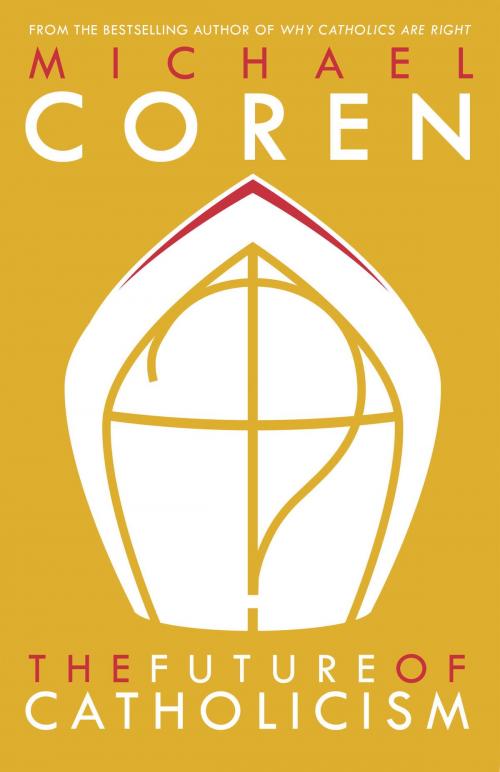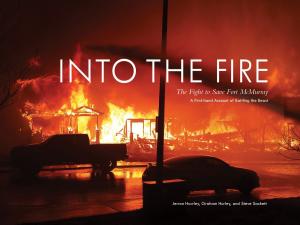The Future of Catholicism
Nonfiction, Religion & Spirituality, Christianity, Denominations, Catholic, Catholicism| Author: | Michael Coren | ISBN: | 9780771023538 |
| Publisher: | McClelland & Stewart | Publication: | November 5, 2013 |
| Imprint: | Signal | Language: | English |
| Author: | Michael Coren |
| ISBN: | 9780771023538 |
| Publisher: | McClelland & Stewart |
| Publication: | November 5, 2013 |
| Imprint: | Signal |
| Language: | English |
From the author of the bestselling Why Catholics Are Right, a perfectly timed book on the new Vatican -- where it is, where it needs to go, and why it is more relevant than ever.
When Cardinal Jorge Mario Bergoglio, Archbishop of Buenos Aires, became Pope Francis in March 2013, there were almost 6,000 journalists in Rome to cover the Papal election. Some of them reported on the conclave with expertise and empathy, but others -- either out of ignorance or an agenda -- insisted on asking the same questions again and again: Is the Church going to change? Will the new Pope be flexible? Is Catholicism going to adapt to the times and alter its teaching on same-sex marriage, abortion, contraception, female ordination, celibate clergy, and divorce? Interestingly, these questions center on moral and sexual issues rather than directly theological topics, but they are all based on the premise that the Church is wrong, outdated, in need of fundamental transformation.
Does the Church need to change, and if so, where? Where it cannot change, why is this so? In his signature frank style, Coren will explain and outline why the Church believes as it does on many of the most pressing moral issues, giving reasons for teaching and belief, and applying these to contemporary challenges. And for those areas where the Church must change and establish reform -- the transparency of leadership and finance; the competence of the curia and Vatican civil service; the approach the Church takes towards media, the way it deals with the detritus of the abuse crisis; and its approach to the developing world band towards others religions, particularly Islam -- Coren will offer insight into the faith's next steps.
The Church is at a crossroads, but perhaps more significantly and accurately, the Western world is at a crossroads, and how the Church reacts to and deals with this phenomenon will decide and define so very much of the future -- of our future.
From the author of the bestselling Why Catholics Are Right, a perfectly timed book on the new Vatican -- where it is, where it needs to go, and why it is more relevant than ever.
When Cardinal Jorge Mario Bergoglio, Archbishop of Buenos Aires, became Pope Francis in March 2013, there were almost 6,000 journalists in Rome to cover the Papal election. Some of them reported on the conclave with expertise and empathy, but others -- either out of ignorance or an agenda -- insisted on asking the same questions again and again: Is the Church going to change? Will the new Pope be flexible? Is Catholicism going to adapt to the times and alter its teaching on same-sex marriage, abortion, contraception, female ordination, celibate clergy, and divorce? Interestingly, these questions center on moral and sexual issues rather than directly theological topics, but they are all based on the premise that the Church is wrong, outdated, in need of fundamental transformation.
Does the Church need to change, and if so, where? Where it cannot change, why is this so? In his signature frank style, Coren will explain and outline why the Church believes as it does on many of the most pressing moral issues, giving reasons for teaching and belief, and applying these to contemporary challenges. And for those areas where the Church must change and establish reform -- the transparency of leadership and finance; the competence of the curia and Vatican civil service; the approach the Church takes towards media, the way it deals with the detritus of the abuse crisis; and its approach to the developing world band towards others religions, particularly Islam -- Coren will offer insight into the faith's next steps.
The Church is at a crossroads, but perhaps more significantly and accurately, the Western world is at a crossroads, and how the Church reacts to and deals with this phenomenon will decide and define so very much of the future -- of our future.















